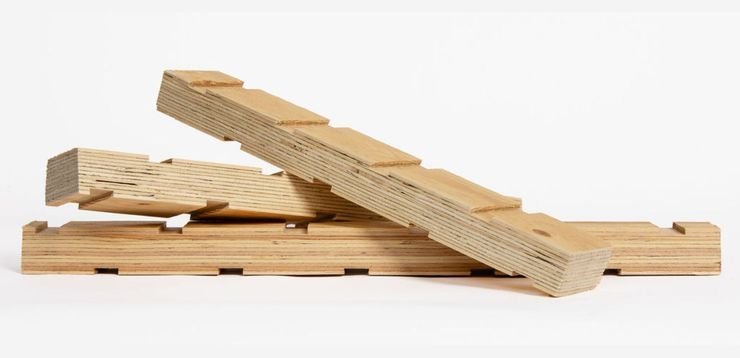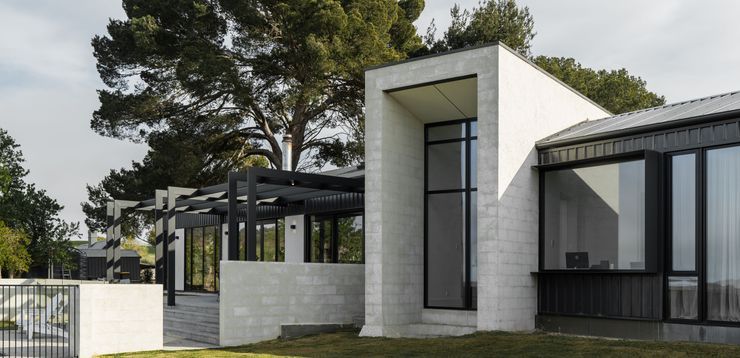6 low-silica benchtop materials for your kitchen, laundry or bathroom
Written by
27 March 2023
•
3 min read
There’s been a lot of noise in the media, architecture and building industries about silica recently. Although silica is a naturally-occurring substance often found in stone, rock, sand, gravel and clay, silica dust (crystalline silica) which is released when these materials are cut or broken, can be harmful when inhaled. As such, some people are choosing to use low-silica products in their renovations and builds. Isabelle Acar of JPC Kitchens has some excellent alternatives for consideration if low-silica products are being considered for your next project.
Why is silica present in many benchtop materials?
“The most common benchtop material for kitchens is a quartz-based man-made stone,” explains Isabelle. “Quartz is the most common, naturally-occurring mineral and is composed of silica and some impurities. Quartz is very hard and is used to make durable, affordable stone.”
Why choose low-silica materials?
“Without the proper training and protective equipment, fabricating high-silica products can cause toxic dust to be released into the air,” says Isabelle. “While installed benchtops will always be safe to the end user, some brands are releasing a range of low-silica options to improve industry safety.”
6 low-silica benchtop materials for your kitchen, laundry or bathroom
Laminate
“Laminate is a durable and affordable material perfect for rental properties or families with young children,” says Isabelle. “Laminate benchtops have come a long way since the kitchens of our grandparents! There’s now a wide range of colours and finishes now available.”
Low-silica engineered stone
“Brands such as Caesarstone and AC Stone have released low-silica ranges of their colours to improve the safety of stonemasons,” says Isabelle. “Low-silica engineered stone mimics natural stone, usually for a more affordable price and with no regular maintenance needed.”
Solid surface acrylic
“Solid surface acrylic benchtops are a fantastic option for people looking to build feature curves into their design,” says Isabelle. “This material can be fabricated at any length without a visible join due to its malleable nature.”
Porcelain
“One of the most hard-wearing benchtop products on the market, porcelain is UV-stable, heat- and scratch-proof, but homeowners should be careful as floating edges can be quite fragile and susceptible to chipping,” says Isabelle. “However, porcelain benchtops are typically more expensive than most other options on the market.”
Stainless steel
“Incredibly easy to clean and care for, stainless steel benchtops are a go-to bench option where hygiene is the main focus,” says Isabelle.
Timber
“The rich hues and beautiful grain of solid timber benchtops add a natural warmth to any kitchen design,” says Isabelle. “Solid timber benchtops are typically at the top end of the price scale, so consider this material if adding a touch of luxury to your space is the desired outcome.”
See projects completed by JPC Kitchens on ArchiPro.













